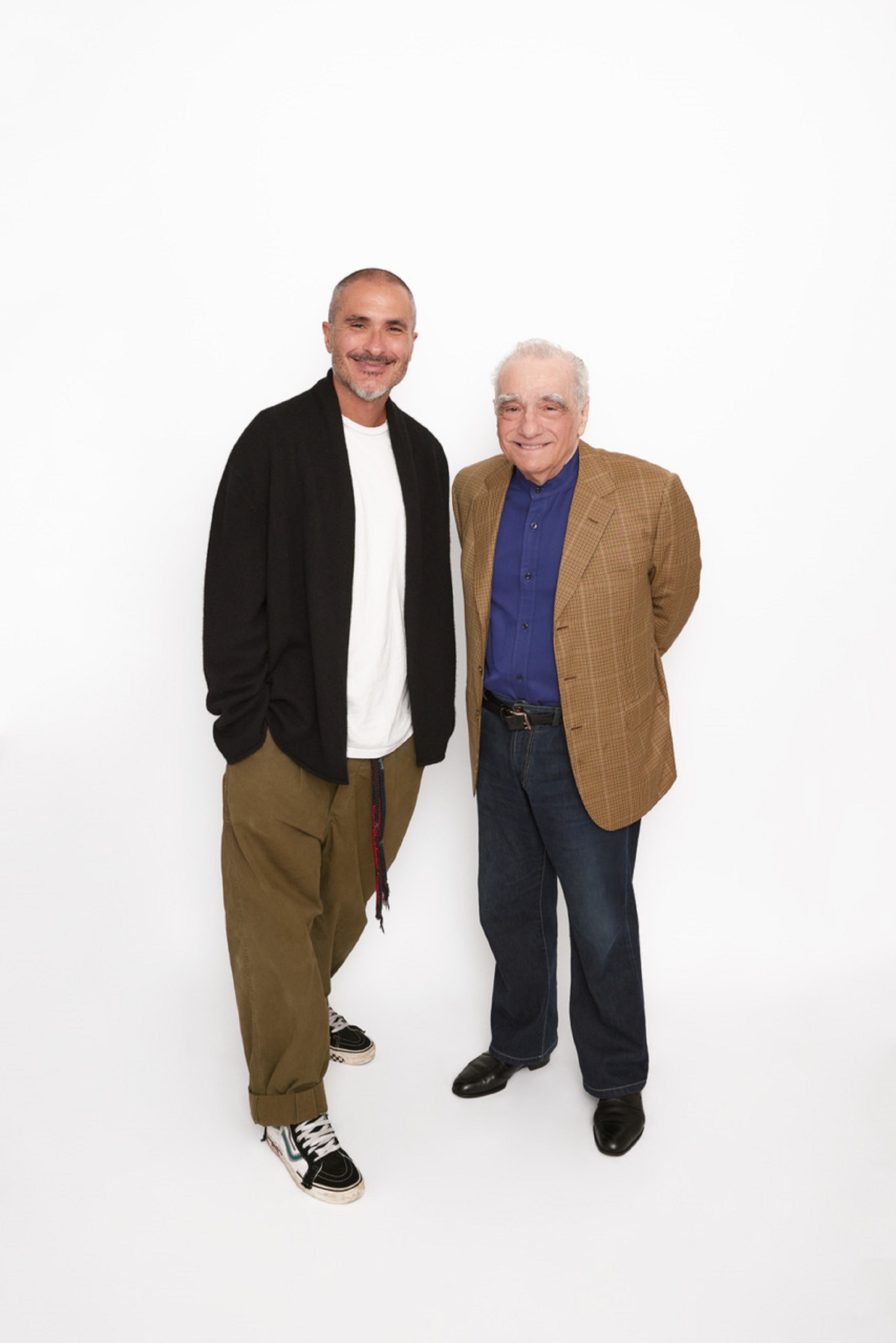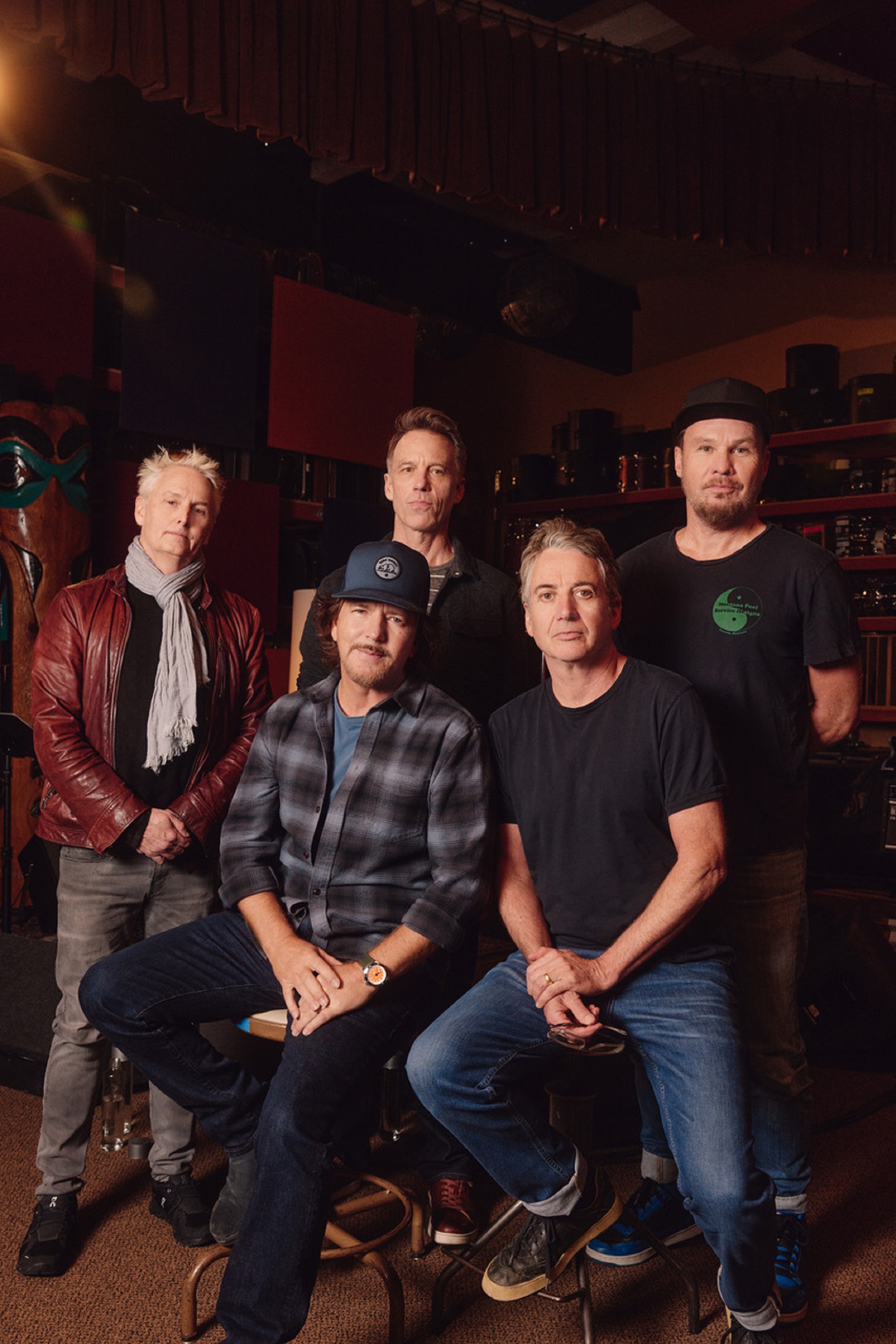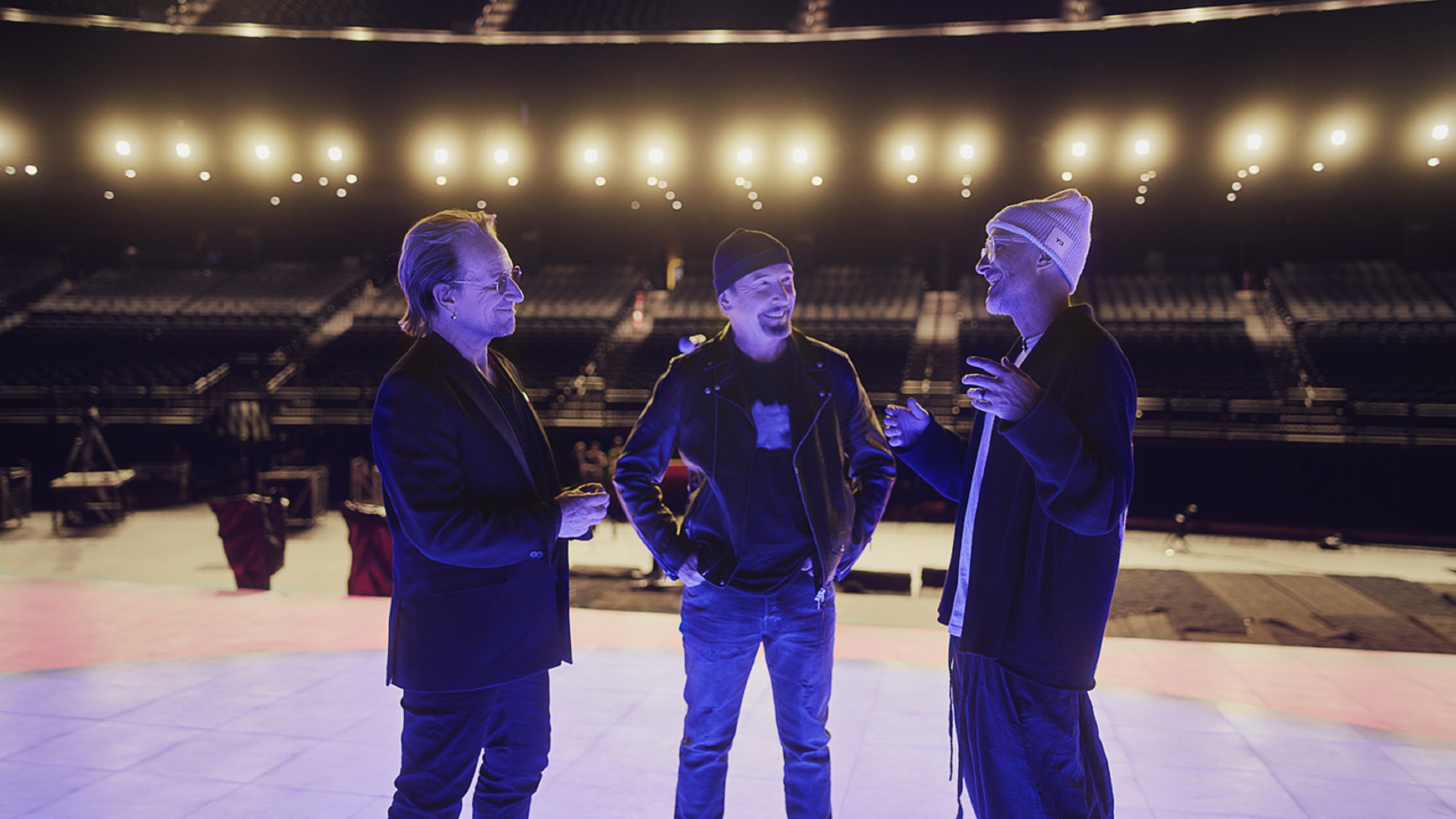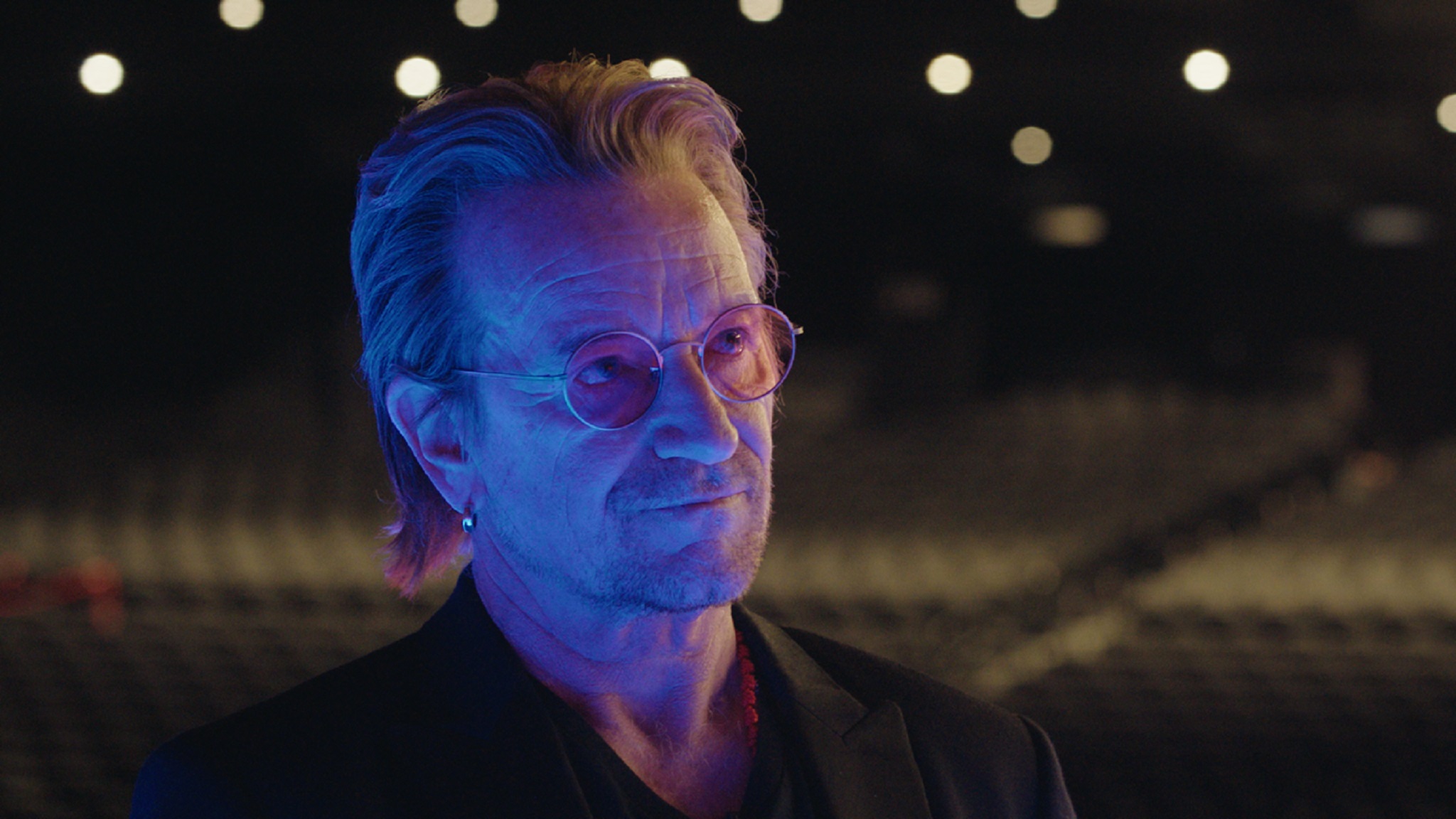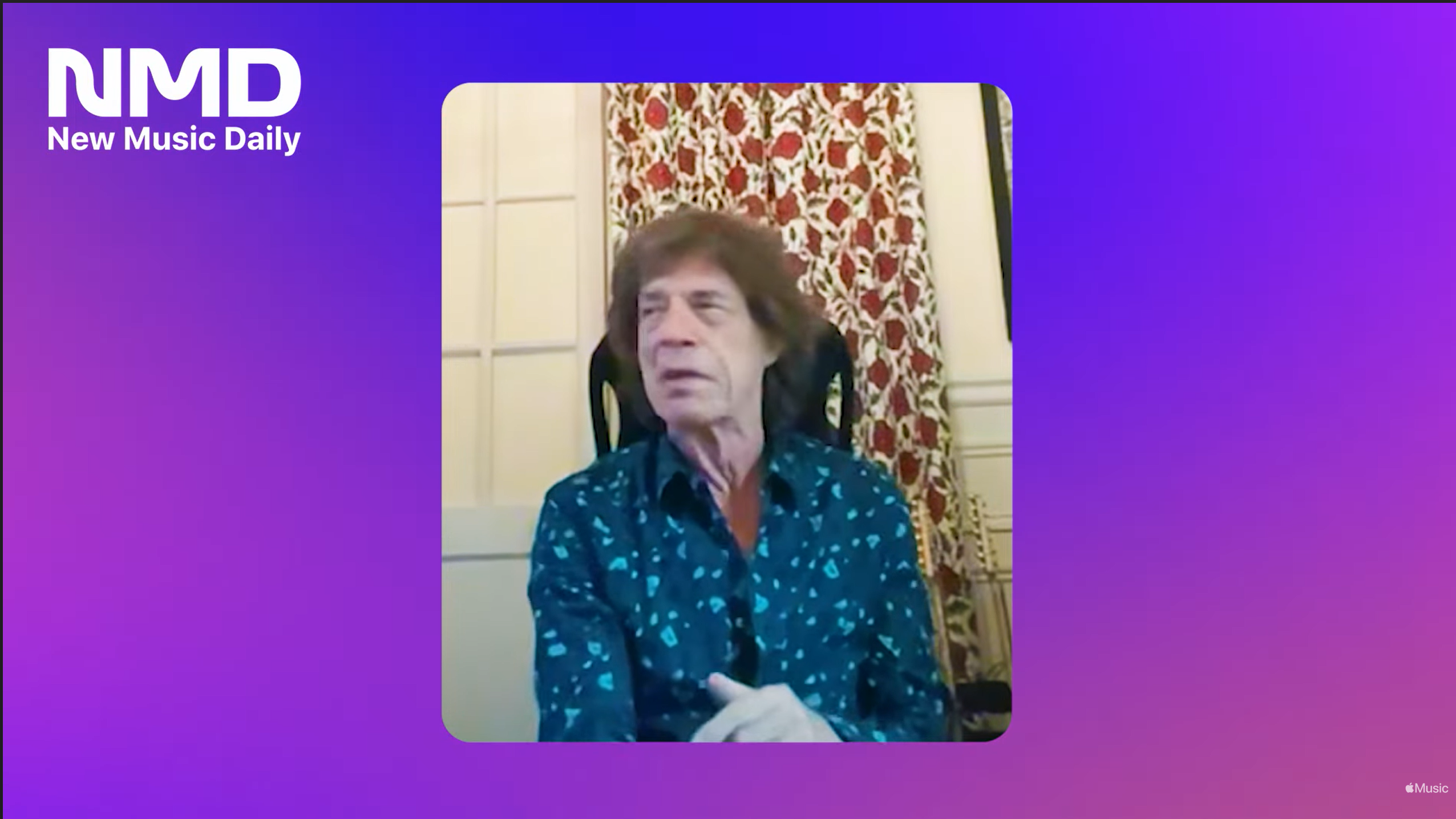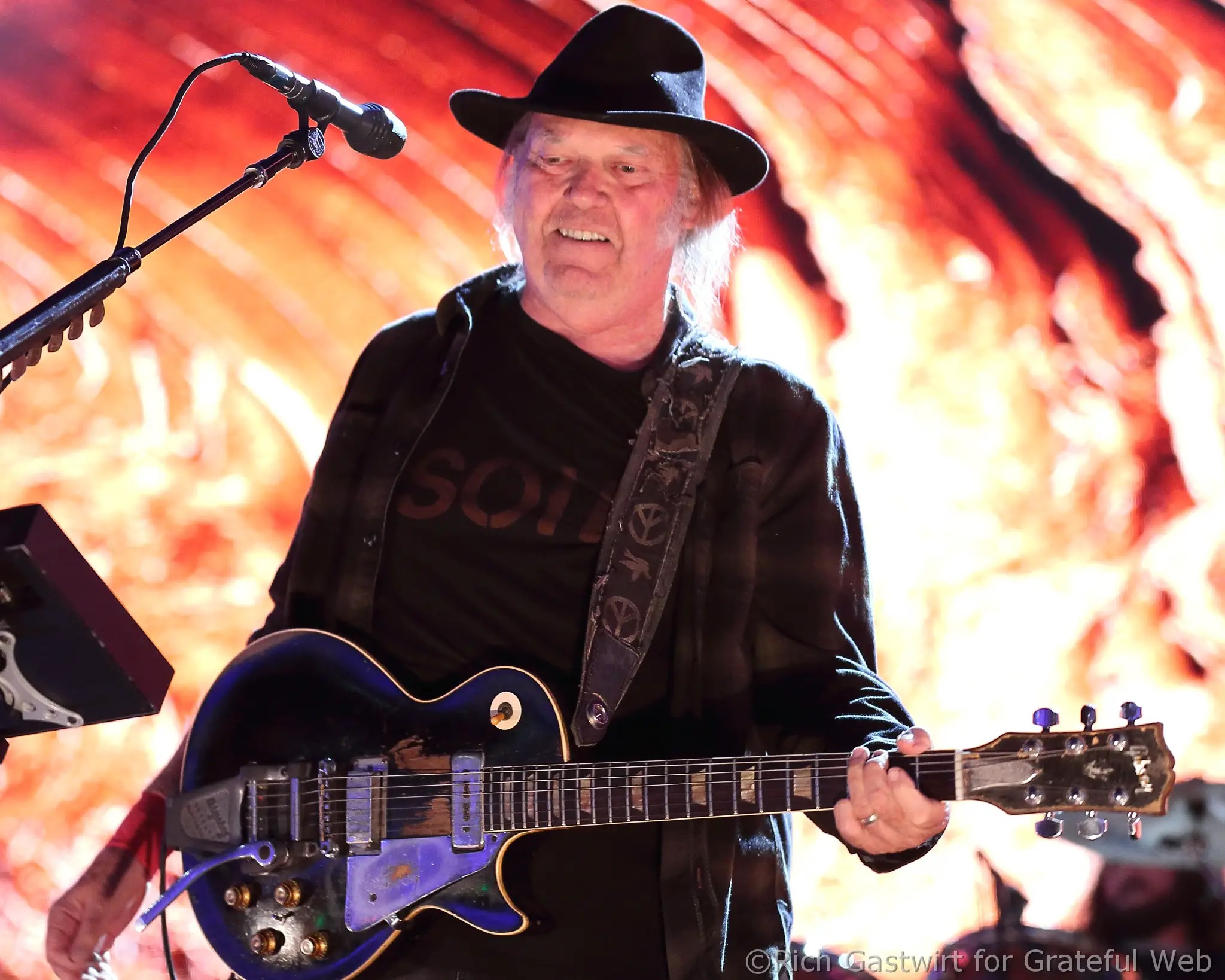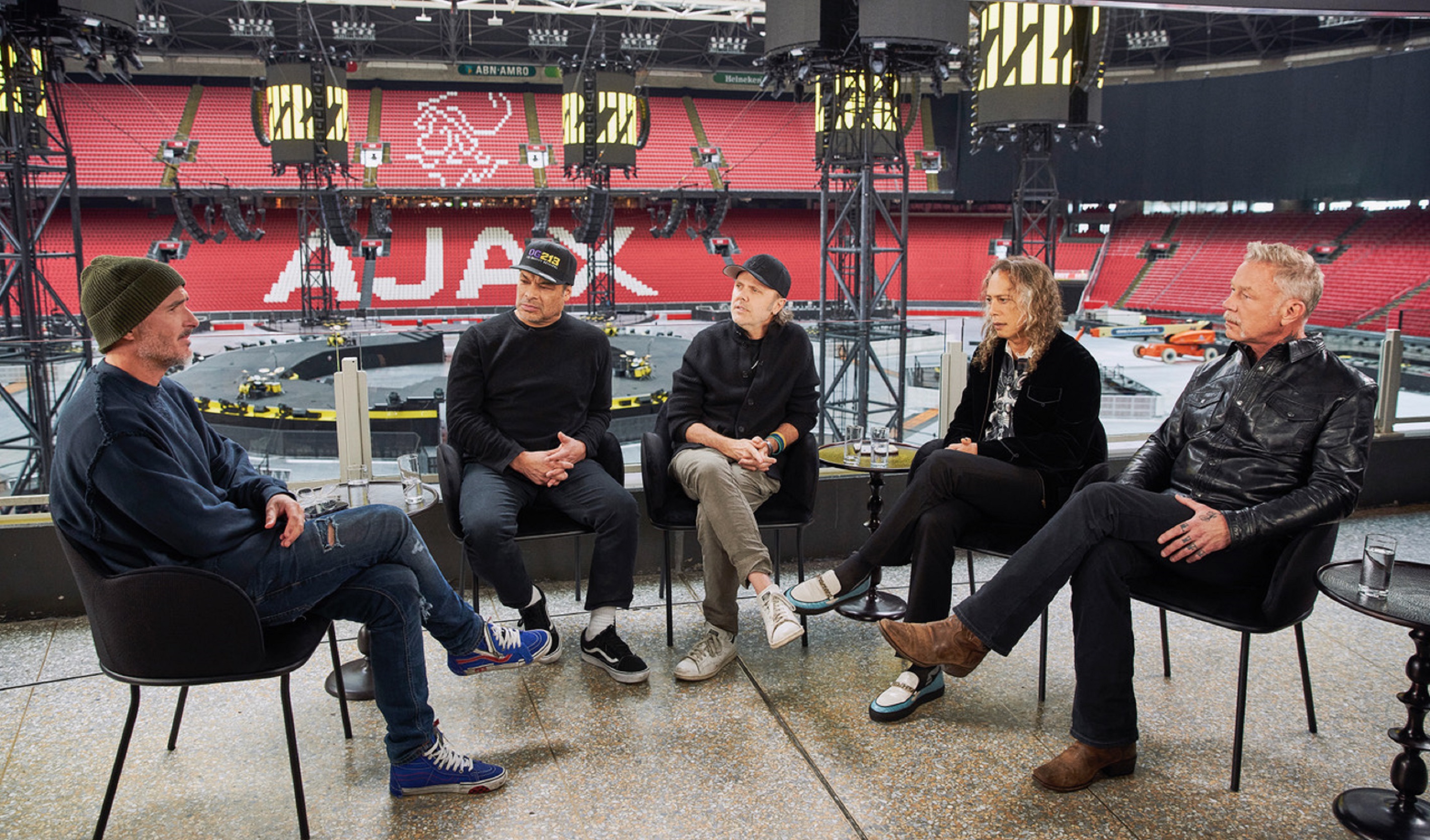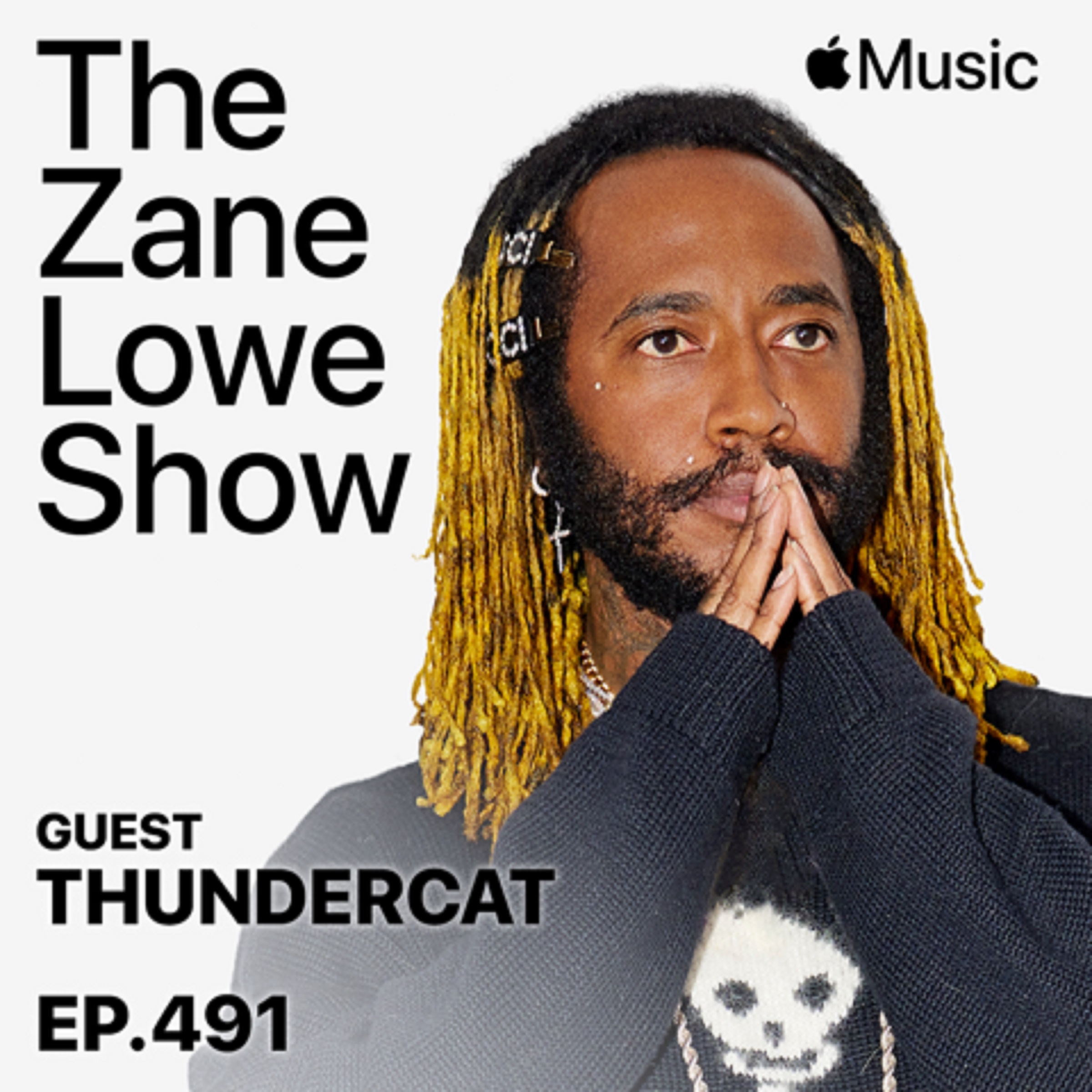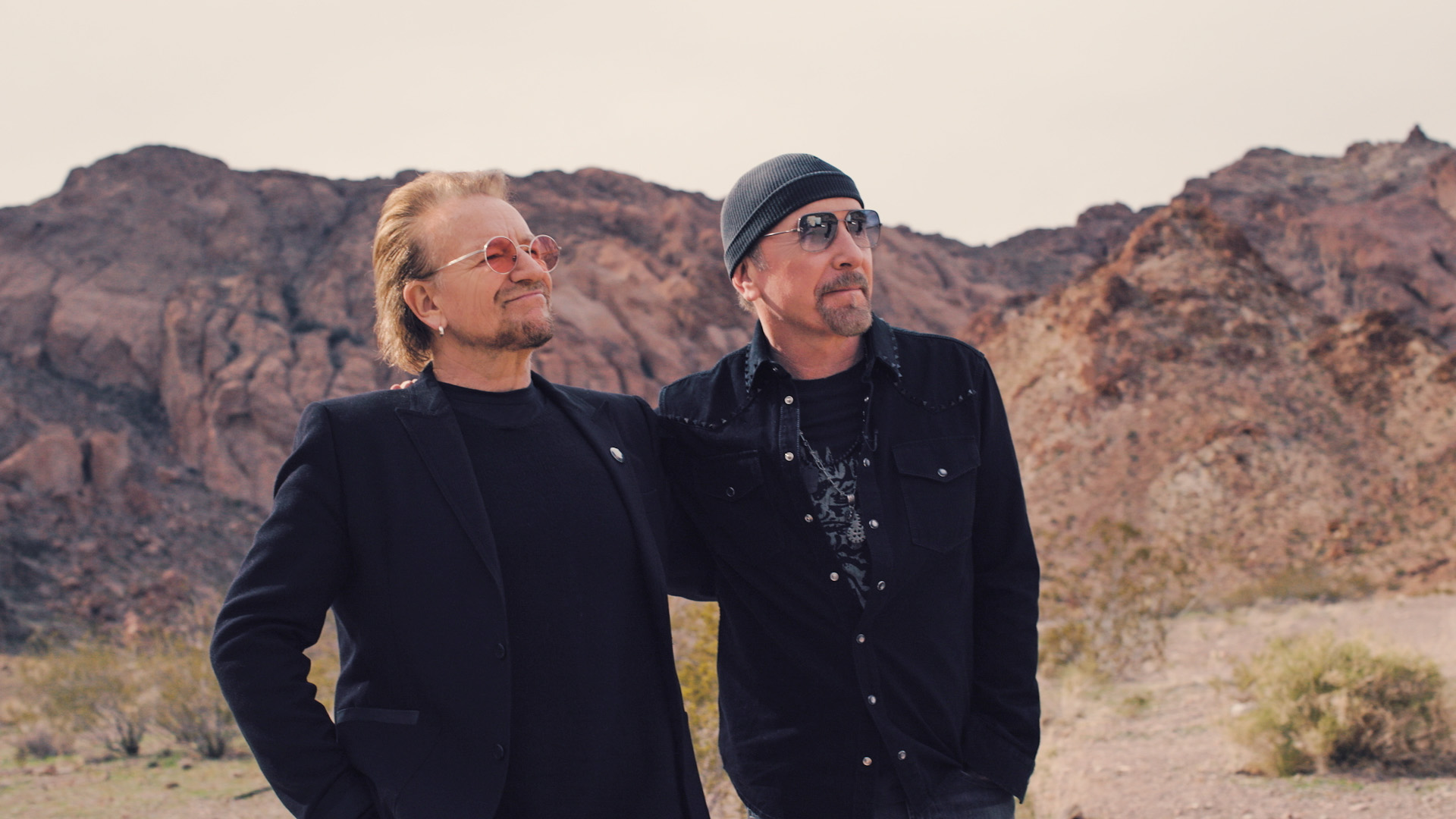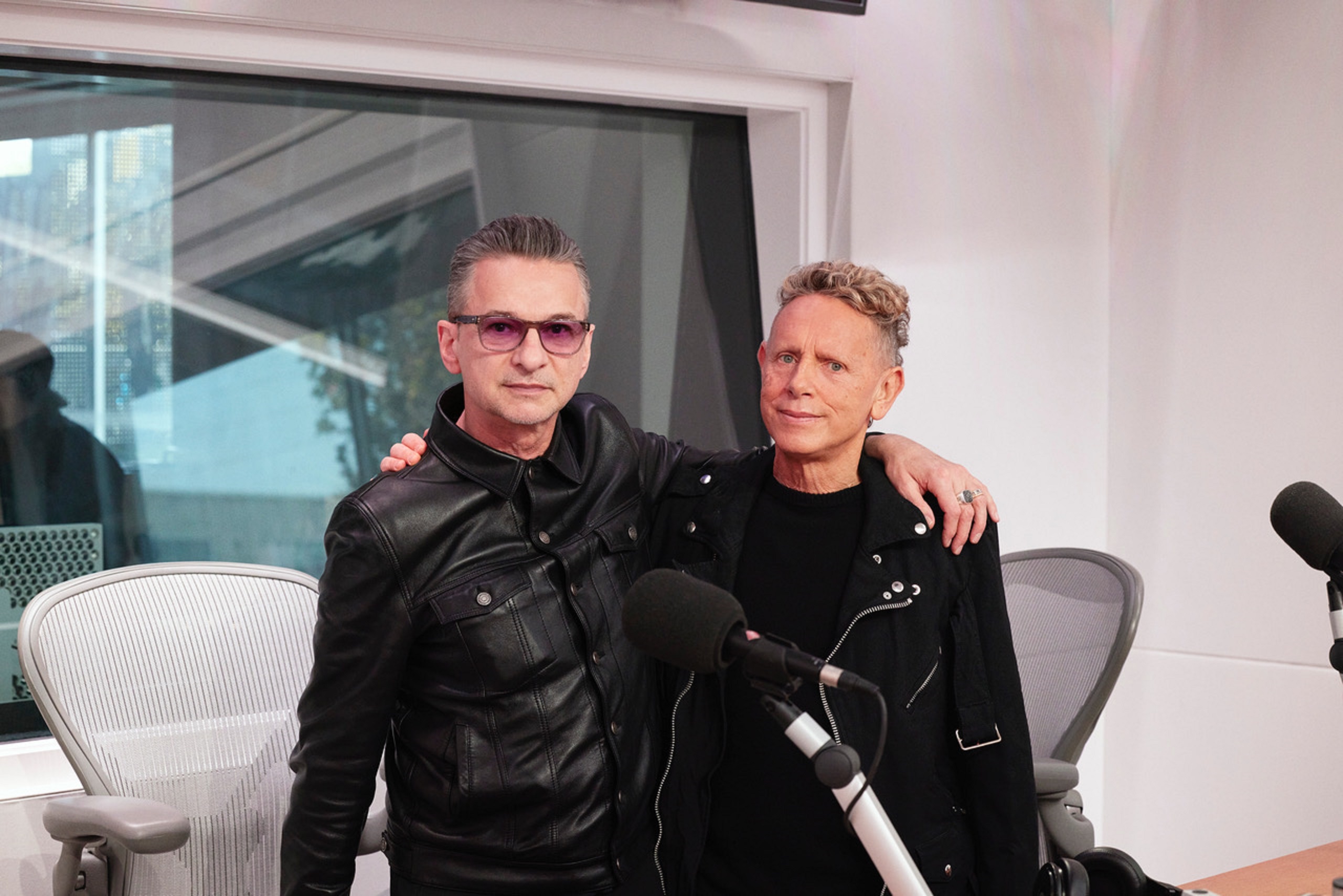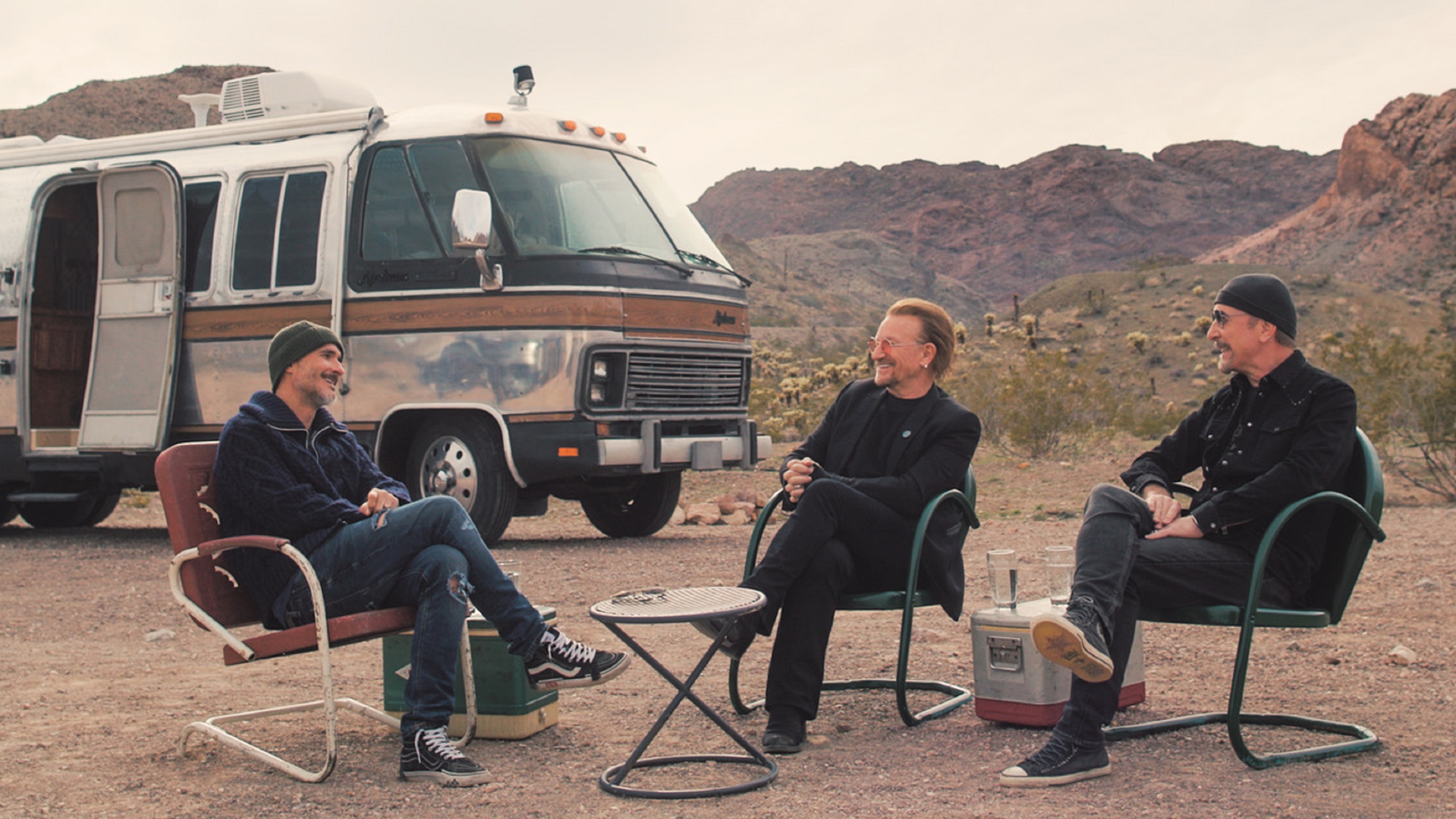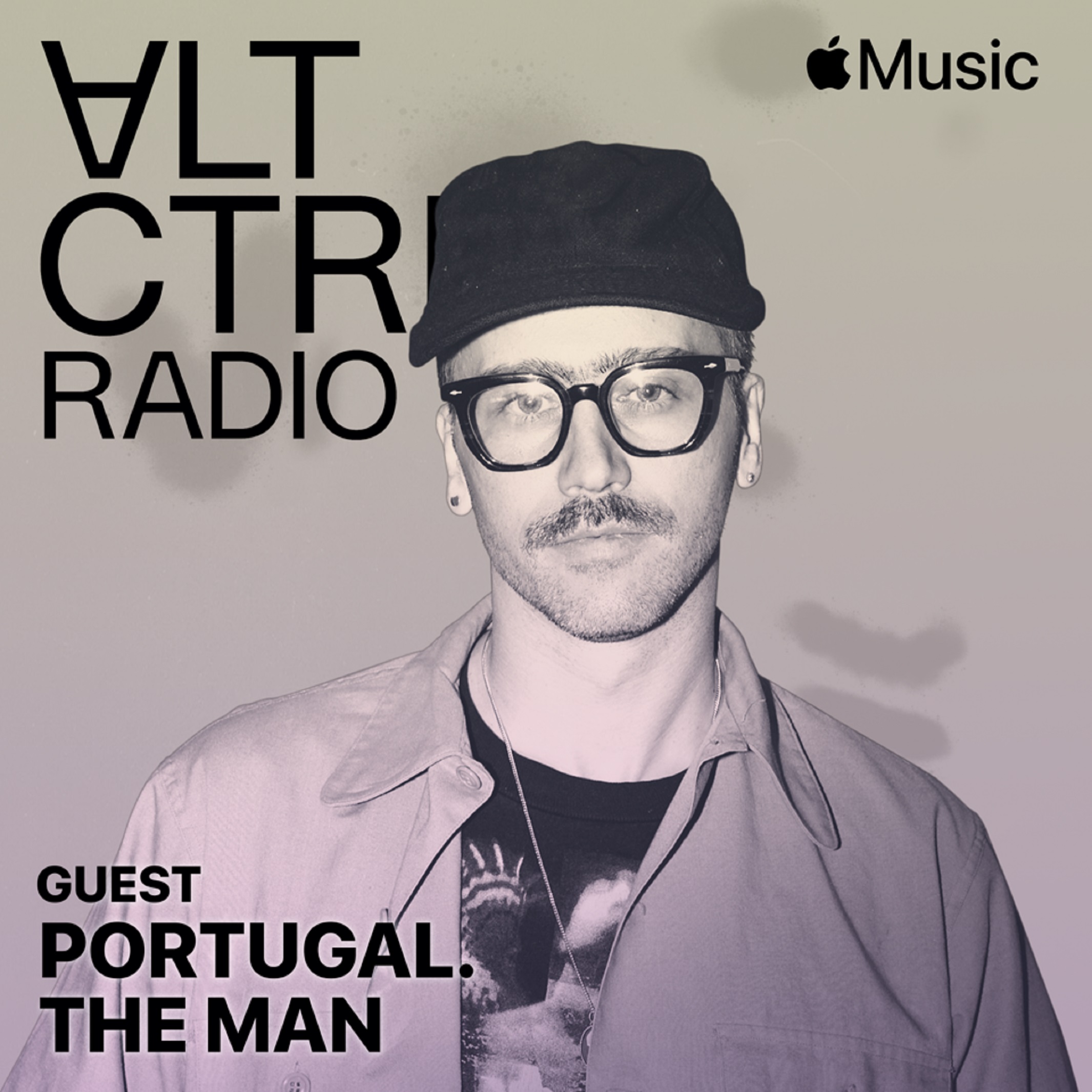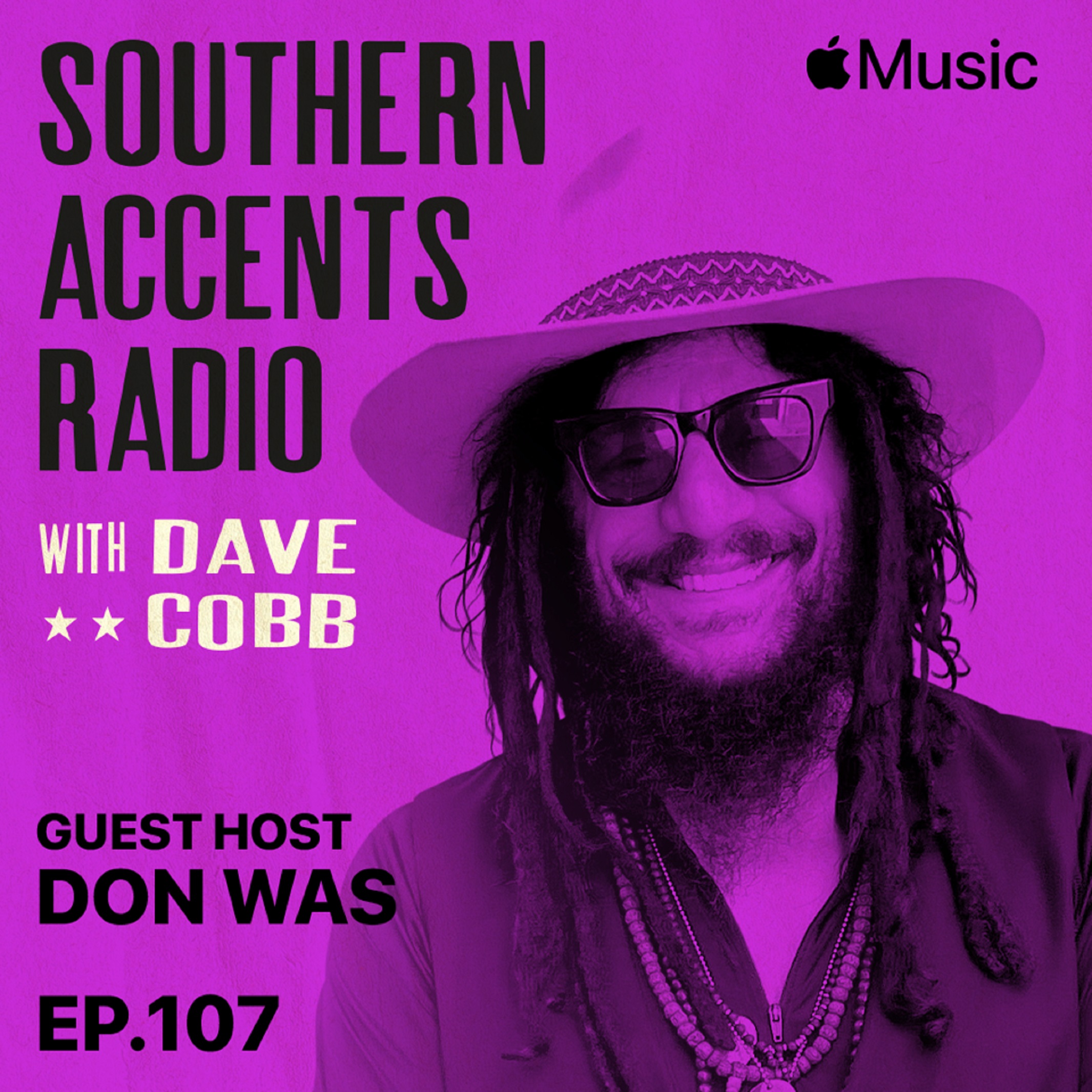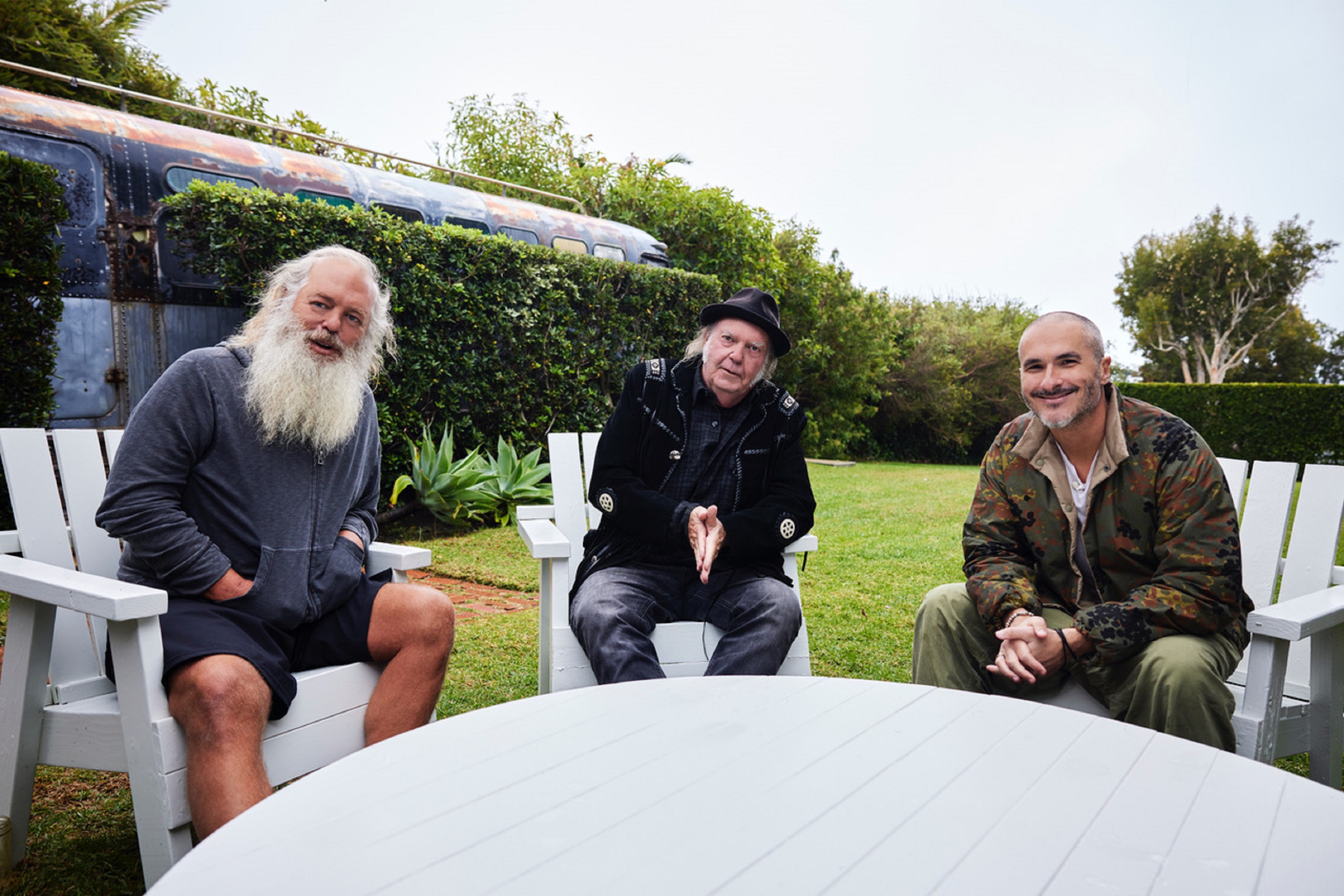Legendary director Martin Scorsese joins Zane Lowe in studio on Apple Music 1 to discuss his acclaimed new film 'Killers of the Flower Moon'. Scorsese tells Apple Music about the impact that movies had on him growing up, his love of music and how he’s approached the use of music in his films, and his storied career. He also shares details on the making of ‘Killers of the Flower Moon’ and what moved him to share the story on the big screen.
Martin Scorsese on Whether ‘Killers of the Flower Moon’ Is The Most Important Film He’s Made…
Well, the point is, does art have to be important for the moment? How should I put it? Art should be important all the time. You follow? And then it'll fall out of importance, and then it might come back into importance. You could talk about literature. You could talk about the fact that Herman Melville, he stopped writing stuff. I'm not comparing myself, I'm just saying that you could talk about that Van Gogh only sold one painting. You can go on and on like this. So we have to think in terms of importance. I'm very, very, very satisfied in a way that this picture has been through the nature of events and through time and through the pandemic, and this is how the film finally found its way to the public at this point in time. We didn't plan this, but it seems fortuitous, and I'm very happy because I do think as we were, to address your idea of importance again, in the story, as we were... I was very, very cognizant, and it's one of the reasons I pulled back at first from doing it. I was very cognizant because I understood that there's much more to the story of just one horrific series of events, let's say with the Osage Nation, that if I can make that to reflect history, to reflect who we are as human beings… so in a way, can this reflect the macrocosm of who we are as human beings in greed? I think that's where I forced myself to go with the story. Leo went with me on that, Leo just went.
Martin Scorsese on Falling in Love with Music at an Early Age…
I mean, it started with, I was born in '42, so 1945, I contracted asthma. Wasn't allowed to go do sports, wasn't allowed to run around, wasn't allowed to... You had to be careful, too, kids get into laughing fits and they get spasms, and you couldn't do that either because you start to can't breathe. And so my parents, working class people, and they didn't have... They read, but they didn't have books in the house. And so it was radio and photograph records and the radio, I would listen to, shows like "Gangbusters," that we refer to by the end of our movie. Anyway, but that's 1933, '34. Okay. The records were something. The records were, primarily the ones that came to mind, I was four, five, six years old listening to these things, playing them. What was it? The swing music of Benny Goodman? The Benny Goodman Quartet, "Avalon," most of "King Porter Stomp," all that stuff. But primarily it was Django Reinhardt, in the Hot Club of France, there were five 78s, and both sides, I played them over and over again. And I didn't know, as a child, I didn't know that it was a group of instruments that was creating the sound. I thought it was one sound.
Martin Scorsese on His Early Film Influences…
There's that balance that I've made over the years between my embracing and inspiration for the Hollywood-produced, grandly produced pictures, sometimes spectacles, other times intense psychodramas like Sunset Boulevard or The Bad and the Beautiful, things like that. These were key films I saw at the age of 10, 11, 12, 13. And so, that and these films of the Italian neo-realism, which I saw at five or six years old on television, small 16-inch black and white TV.
Martin Scorsese on The Influence of Iconic Concert Film 'The Last Waltz, Working with Robbie Robertson, and Blurring The Line Between Docs and Features...
…it was an event, not just a music event. It was a cultural event. But here, when you say you're doing a film on the band, or you have Muddy Waters standing there, you have Joni playing Coyote. Stay on her. It's in between the lines. Watch what they do with their eyes and their mouths and how they move their heads, how they get into a line. Don't cut away to the guitarist. Don't cut away to the keyboard right away, the way you see. Just hold as much as you can. As much as you can. And so with 16 millimeter, we thought of that, but something happened. I got to know Robbie a bit… The two of us together were crazy, that maybe separately we were crazy in a different way…I can't really speak for him that much, but together, we really weren't crazy, meaning to say. So I had come up with the idea, "Let's do it in 35 millimeter," and that hadn't been done. That hadn't been done before, that kind of concert. Now, there was the Sanders Brothers, I believe they did the Elvis film. This is Elvis, I think, in 35 in Vegas, but it was quite controlled. This… would be different. However, the one advantage we had was that we knew who was going to be on stage where and where they're going to be standing and if they're going to be moving around. It's not a group where they were dancing around on stage. The band didn't do that. There wasn't always one lead singer. One song, you have four voices, that's interesting, the same character, by the way. We somehow…Jonathan, they got the money together and UA backed us, Eric Plescow, Mike Medavoy. They had done New York, New York, finishing Apocalypse Now, the beginnings of Heaven's Gate and Raging Bull. They already gave a green light to Raging Bull. So this was a little later, Raging Bull was later, but that was the studio that was allowing these sorts of things.
Martin Scorsese on Robbie Robertson Getting Mad at Him For Liking Punk Rock…
He just got mad at me when I liked the punk movement. We were living together in my house, a small house up in Mulholland Drive, and he would just come in sometimes, "Just lower it, lower it. It's too loud." I said, "No, but it's The Clash." He goes, "I don't care." He said, "I don't care. They have no musicianship, none. They can't play the guitar. They can't play the drums." I said, "Doesn't matter." He did concede with Elvis Costello, though. He conceded. When I showed the album, we went into the old Tower Records, myself and Jay Cox, who was a movie critic, but he was beginning to write rock criticism with Time Magazine. We looked and we saw all this English punk music, and we looked around and he said, "Grab that one, The Jam. Grab that one, The Clash. That's got to be something," and then we saw this Elvis Costello. He said, "Take this one because with that name, he better be good."
Martin Scorsese on The Iconic Use of “Layla” in 'Goodfellas’ and Working with Great Composers Across His Career...
Zane Lowe: It would be really silly of me not to talk about Layla and not to talk about the chemistry that that moment has in Goodfellas at the end and the way that it works so beautifully throughout. And the question I've always wanted to ask you, because I know how it made me and millions of other people feel, what does it feel like when you see it for the first time? Not in your head, but when the chemistry of that music…
Martin Scorsese: Oh, that's like nothing you've ever, that's in a sense, one of the, I guess, crazy things that makes you want to, I don't know, make a painting, create a piece of music, create literature. It's something that happens. I must say sometimes I use the word as a joke, but it kind of transcends what you're doing. It really does. You're off into another universe. And, I played that music back on the set for those shots. It was played out in the streets and so the crew felt it too. Layla was just something I love. I also didn't know the history of Layla. I didn't know that. I just took the last part of it… the drummer did and the whole thing, and Eric Clapton, all those guys were really nice, said, "Okay, we don't usually give an okay for this song," but they did for that. I did have the opportunity to work with some great composers, though, of course, Elmer Bernstein, of course… Bernard Herrmann, Howard Shore, and Philip Glass. But, it has been 27 films. Primarily, I make up my own tracks.
Martin Scorsese on the Evolution of Film Premieres…
In New York, we used to go at that time to the Russian Tea Room and have a little caviar and champagne at that time. That's now 40 years ago. After a while, there weren't openings like this though before. Unless I was 13 years old and my cousin took me up to see a big Hollywood premiere at the Roxy Theatre in 1956, I think it was. It was '55, and it was Giant, which is a film which obviously influenced this film a great deal. And somehow, he got ahold of a ticket and convinced one of the ushers that he lost his other ticket and could he let us in? And we got in to see Giant. Those were premier days of the old Hollywood premieres. People screaming as Rock Hudson got out of the car, people screaming. James Dean had just died, but they were screaming for him too. And we got in there, and then suddenly there was this life-transforming experience up on the giant screen at the Roxy Theatre. The epic American film in a way. Many different, because he made three. It's a trilogy, A Place in the Sun, Shane, and Giant. George Stevens. In any event, that's a premier. And we've had some premieres like that over the years, but now it's become something where I think the quieter rumination, so to speak, along with family and a few of the friends who made the film. That's where we go with that.





